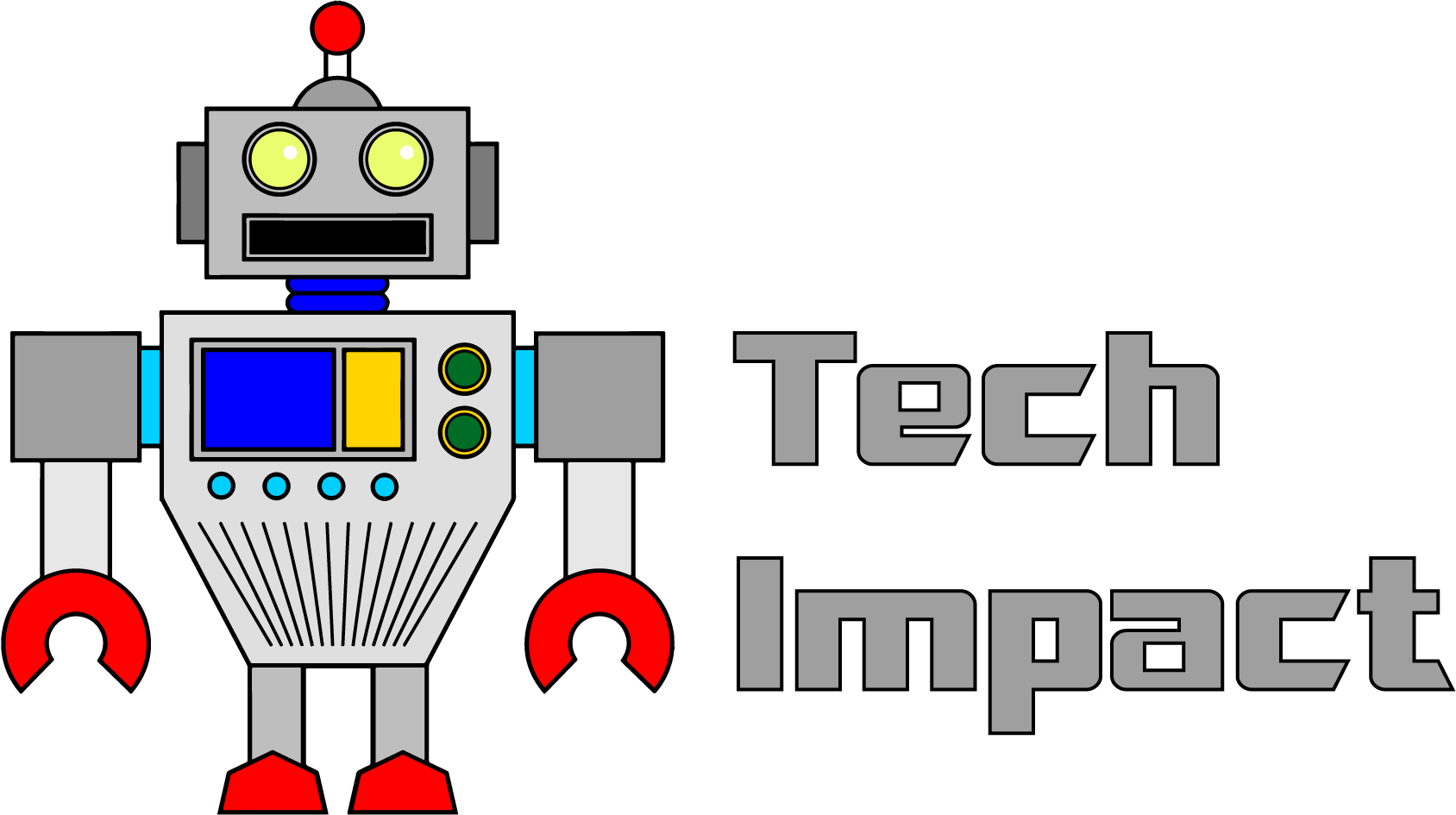IMPACT ON SOCIETY – JOBLESSNESS: ARCHIVE
LEARN FROM THESE YOUTUBE VIDEOS
REVIEW THESE INFORMATIVE ARTICLES FROM 2019 – AND READ THOSE THAT INTEREST YOU
Futurist predicts “The end of the world as we know it” (2019-12 - Futurism)
According to Roey Tzezana, a future studies researcher at Israel’s Tel Aviv University, the jobs that tend to survive automation are lower-paying, meaning that as companies generate increased wealth, almost none of it ends up in the pockets of workers. Instead, more people are stuck living paycheck to paycheck, even if unemployment rates are technically low.
Will Your Job Still Exist In 2030? (2019-07 - National Public Radio)
A team of economists at the McKinsey Global Institute are forecasting what work in America will look like in 2030. The research finds automation widening the gap between urban and rural areas, and dramatically affecting people who didn’t go to college or finish high school. It projects some occupations poised for massive growth, but that almost 40% of U.S. jobs are in occupations that are likely to shrink — though not necessarily disappear.
Review of Carl Frey's book:'The Technology Trap: Capital, Labor and Power in the Age of Automation' (2019-07 - Singularity Hub)
The Swedish economic historian Carl Benedikt Frey’s new book ‘The Technology Trap: Capital, Labor and Power in the Age of Automation’ was written to dispel some of the hysteria raised by Michael Osborne and his 2013 research that up to 47 percent of American jobs were at risk of being automated by the mid-2030s. He suggests a more nuanced analysis of the research, and defines anti-tech backlash as the technology trap we should be trying to avoid.
The price we'd pay for $20 minimum wage (2019-07 - Jewish World Review)
You can force businesses to raise wages, but you can’t force them to keep workers. Many studies establish the correlation between higher minimum wages and lower available jobs – before considering the impact of technology.
AI will affect one in every five jobs in Asia, eliminating one in eight (2019-05 - MIT Technology Review)
AI will be a major growth driver for Asia in the coming decade. Most companies are expecting headcount to increase. AI will affect one in every five jobs in Asia—eliminating one in eight. AI will produce winner and loser countries, depending upon their economy.
The challenge of abundance: Boredom, meaning, and the struggle of mental freedom (2019-05 - Singularity Hub)
As technology continues to progress, the possibility of an abundant future seems more likely. If robots take all the jobs, basic income provides us livable welfare for doing nothing, and healthcare is a guarantee free of charge, then what is the point of our lives? As physical struggles disappear, the world will become a vibrant culture where individuals are striving to find inner peace and fulfillment, to build meaningful relationships, and to find themselves.
The wrong kind of AI? AI and the future of labor demand (2019-04 - MIT Technology Review)
AI is set to influence every aspect of our lives, not least the way production is organized. AI, as a technology platform, can automate tasks previously performed by labor or create new tasks and activities in which humans can be productively employed. Recent technological change has been biased towards automation, with insufficient focus on creating new tasks where labor can be productively employed. The consequences of this choice have been stagnating labor demand, declining labor share in national income, rising inequality and lower productivity growth. The current tendency is to develop AI in the direction of further automation, but this might mean missing out on the promise of the right kind of AI with better economic and social outcomes.
Three papers from influential economists cast doubt on the idea that there are beneficial aspects to workers from automation (2019-04 - ZDNet)
Two influential economists, Daron Acemoglu of MIT and Pascual Restrepo of Boston University, have written 3 papers that challenge the benefits of AI for workers. ‘Demographics and Automation’ argues that, as workers age from 21 to 55, robots are used increasingly to replace them. ‘Automation and New Tasks. How Technology Displaces and Reinstates Labor’ argues that automation hasn’t created a sufficient number of new tasks. ‘The Wrong Kind of AI? Artificial Intelligence and the Future of Labor Demand’ challenges those creating and utilizing AI, noting that “Recent technological change has been biased towards automation, with insufficient focus on creating new tasks where labor can be productively employed … The consequences of this choice have been stagnating labor demand, declining labor share in national income, rising inequality and lower productivity growth.”
REVIEW THESE INFORMATIVE ARTICLES FROM 2018 – AND READ THOSE THAT INTEREST YOU
Frost & Sullivan predicts that 40% of high-routine and low-skilled tasks in Australia will be automated by 2025-2030 (Job Loss - 2018-11 - TechRepublic.com)
The robot revolution is coming: Why aren't we parenting for it? (Job Loss - 2018-11 - Fatherly)
Projections of the number of jobs to be lost to technology are difficult (Job Loss - 2018-10 - Recode)
The gig-economy dominates in many African countries (Job Loss - 2018-10 - Quartz)
Most jobs will disappear, but new jobs will be created (2018-08 - IOT for All)
A review of the arguments for and against the elimination of most jobs, leading to the conclusion that most current jobs will disappear but that other, but fewer, jobs requiring more intelligence will be created.
REVIEW THESE INFORMATIVE ARTICLES FROM 2017 – AND READ THOSE THAT INTEREST YOU
Why futurist Ray Kurzweil isn’t worried about technology stealing your job (Job Loss - 2017-09 - Fortune)
Toyota's automation ratio today is no higher than it was 15 years ago (Job Loss - 2017-09 - Fast Company)
Toyota’s automation ratio today is no higher than it was 15 years ago, based on the premise that only people can improve their own efficiency or the quality of their work. Toyota consistently generates industry best profit margins, often 8% or more, by focusing on their New Global Architecture in which material usage is improved making the cars lighter and more fuel-efficient, while the manufacturing process is improved.
Only 14% of American employees fear that machines will take their jobs (Job Loss - 2017-07 - TechRepublic)
The last auto mechanic (Job Loss - 2017-07 - Medium.com)
Report: Robots will replace 15 million jobs in UK, widening gap between rich and poor (Robotics - 2017-07 - TechRepublic)
Talk: Globalization vs technology-enabled disruption (AI - 2017-06 - Big Think)
Automation may be destroying jobs faster than it's creating new ones, but all hope isn't lost (AI - 2017-06 - TechRepublic)
Gallup: Nearly 40% millennials are at high risk of having their job replaced by automation (Job Loss - 2017-06 - Inc)
Robots aren’t destroying enough jobs (Job Loss - 2017-06 - Wall Street Journal)
Two-thirds of office workers think their jobs will never be replaced by AI (Job Loss - 2017-06 - TechRepublic)
More computing power might enhance the role of software developers (Job Loss - 2017-06 - Medium.com)
AI could lead to 4-hour workdays and World War III (Work Week - 2017-06 - TechRepublic)
Millennials are no more robot-proof than older workers (Job Loss - 2017-05 - The Washington Post)
What happens when everything is automated (AI - 2017-04 - ZDNet)
Arguing for shorter work weeks (Work Week - 2017-04 - BigThink)
Silicon Valley Is right — our jobs are already disappearing (Job Loss - 2017-03 - Quartz)
The ideal workweek, according to science (Work Week - 2017-03 - HowWeGetToNext.com)
Technology may be causing the worst unemployment disaster since the Great Depression (Job Loss - 2017-02 - freeCodeCamp)
REVIEW THESE INFORMATIVE ARTICLES FROM 2016 – AND READ THOSE THAT INTEREST YOU
Automation and anxiety - Will smarter machines cause mass unemployment? (Job Loss - 2016-06 - The Economist)
Report: The Future of Jobs - Preparing for the workforce of the 4th industrial revolution (Future of Jobs - 2016-01 - World Economic Forum)
Our future of abundance - and joblessness (2014-12 - The Economist)
By 2035, we will have almost unlimited energy, food, and clean water; advances in medicine will allow us to live longer and healthier lives; robots will drive our cars, manufacture our goods, and do our chores. But there won’t be much work for human beings. This is a future we need to be aware of – and prepare for.
KEEP INFORMED ABOUT TECHNOLOGIES IMPACTING JOBS
Subscribe to our free monthly newsletter
Terms & Conditions | Privacy Policy | Contact Us | About Us | Testimonials | Search | Home © Ronnick Enterprises 2019, 2020, 2021



